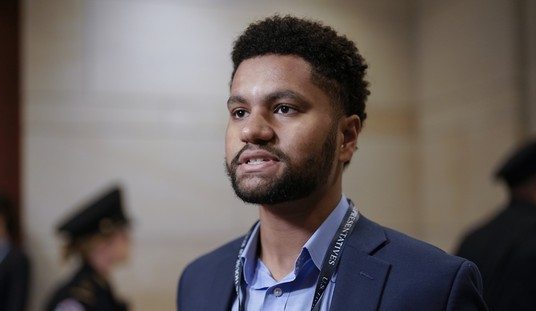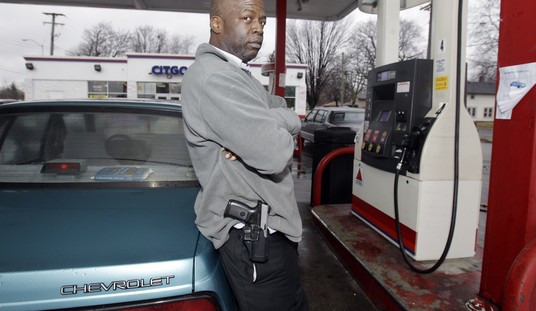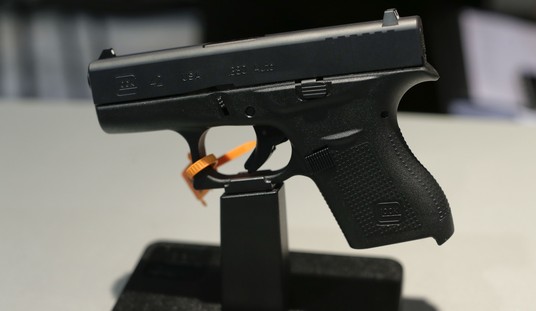There’s a lot of opposition to campus carry, particularly among those who teach on college campuses. For some reason, they persist in believing that anyone who carries a firearm has the potential to suddenly snap at a bad grade and start spraying bullets around the classroom. This despite numerous studies showing those who have permits being among the most law-abiding people in the country. Yes, more than police officers, lawyers, judges…and even college professors.
However, it’s easy to miss the outliers. They’re outliers, after all. They’re easy to miss.
Over at The Federalist, there’s an interesting piece written by such an outlier, a college professor. He writes about why he carries on campus.
I am an ethics professor, and I carry a concealed handgun in the classroom. In the event of a mass shooting, I am the first line of defense between my students and an attacker. I refuse to let myself and my students be victims.
I’m sure many of my fellow professors would disagree with my actions. In fact, many would probably brand me as a traitor to academia for admitting such a thing. For them, it is inconceivable that a member of the intelligentsia — an ethics professor, of all people — could support the right to carry a so-called instrument of death.
So in what follows, let me make the moral case for campus carry. Those wanting a more rigorous statement of my argument may be interested in reading one of my academic journal articles on the topic.
The Moral Case for Campus Carry
Campus carry is simply an extension of our natural right of self-defense. Our right to life follows us wherever we go, so the right to defend our lives must also accompany us. Whether I am at home, in my car, at work, or in the classroom, I possess the absolute and unrelenting right to defend myself against unjust aggression. Because firearms enhance that right, there exists a strong presumption in favor of being allowed to own and carry a firearm as I go about my daily business.
That presumption may sometimes be overcome (such as in courthouses, prisons, or airports), but only if the government assumes the special responsibility of protecting those citizens whom it disarms through the coercive power of the law. In other words, if the government is going to tell us we can’t carry guns in a specific area, thus impairing our ability to defend ourselves, it must assume a special responsibility to protect us. It must serve the function our guns would provide had we been allowed to carry them.
I’m not about to paste the whole thing here for you. That’s plagiarism and a crappy thing to do to another site and writer.
However, I do encourage you to go and read the whole thing. It’s quite interesting and brings up a point I’ve made repeatedly. In particular, if the law is going to disarm me in certain situations, then the moral onus on protecting my life must fall on the government. If the government is going to claim that it both has no duty to protect me, that the responsibility for protecting my life is mine, and still disarm me through force of law, we have a contradiction here.
Campuses are places that, in many states, one cannot carry under any circumstances unless you’re a police officer.
However, as we saw after Parkland, there is still no duty to protect students or staff who find themselves in a place they are legally required to be disarmed. This creates a strange sort of disconnect, for me. It’s at once saying that you still have sole responsibility for protecting your own life while making damn sure you lack the best tools to do so with.
To be honest, I could go on about this for some time. The author, Timothy Hsiao, should be commended for his thinking on this. I urge you to go and read the whole thing. Read it, remember it, and use this as you continue to debate things like campus carry going forward.








Join the conversation as a VIP Member